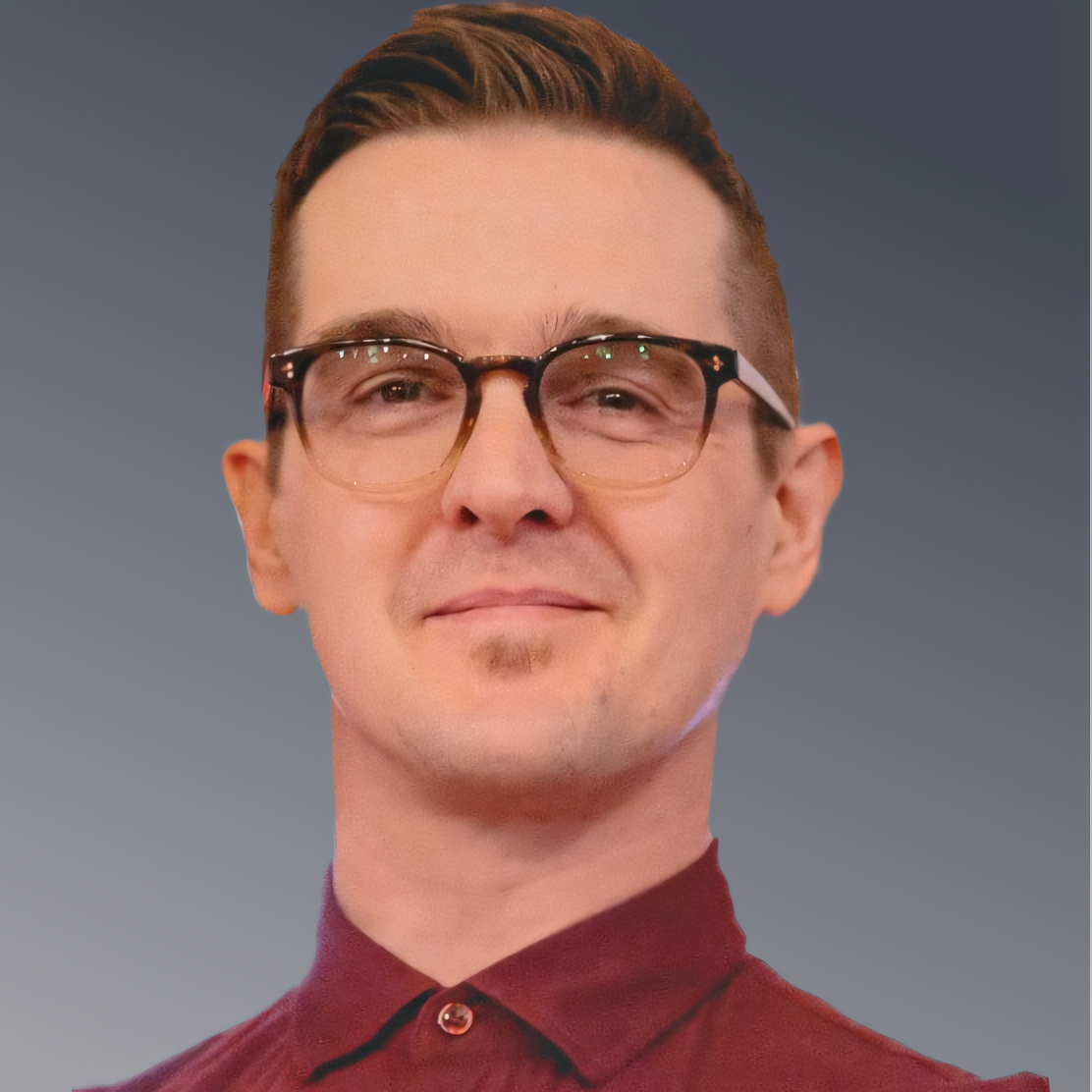Michael Lees
Commputational Science Lab -- Institute for Informatics -- Institute for Advanced Study

L6.16 Lab 42
Science Park 900
Amsterdam 1098 XH
I am an Associate Professor at the University of Amsterdam where I lead the Computational Lab Computational Science Lab (Informatics Institute). I have a joint appointment at the Institute for Advanced Study of the University as principal investigator for complexity. Prior to Amsterdam I was an Assistant Professor at Nanyang Technological University (NTU) Singapore. I completed my PhD Adaptive Optimistic Simulation of Multi-Agent Systems at the University of Nottingham and I graduated from Edinburgh University with a joint honours Computer Science/Artificial Intelligence degree.
My current research interests involve the use and development of computational techniques to help understand human or social complex systems. Human systems (and society at large) can be considered as a complex adaptive system and the non-trivial phenomena observed in social systems exhibit self-organised and emergent properties. If we want to understand: why neighbourhoods segregate, the way cities grow, understand why groups of individuals may or may not stampede, or how a seemingly innocuous policy may drive a system to cascading failures, then we need to understand the connectivity and behaviour of the individuals in these systems. Traditional forms of mathematical analysis are often ill- equipped to tackle these problems. Complex Systems models (e.g., agent-based models) are the primary method for reasoning about human complex systems.
My research agenda focuses on the development of (computational models of) artificial societies in order to understand (and perhaps manage) complex social processes. The scientific method I apply involves the development of data-driven models that provide virtual replicas of social processes. Therefore, my research spans everything from data collection (and analysis), to the development of new computational methods for semi-automated model creation, to the application of models in real world policy. My work has been successfully applied to a number of societal challenges in funded research projects (see: School Segregation, Slum Growth, Crowd Dynamics, Mental Health, Transportation).
latest posts
| May 02, 2024 | Workshop Collective Intelligence |
|---|---|
| Apr 21, 2024 | Useful software for Modelling Complex Systems |
| Apr 20, 2024 | Computational Diplomacy and Policy Wokrshop (ICCS 24) |